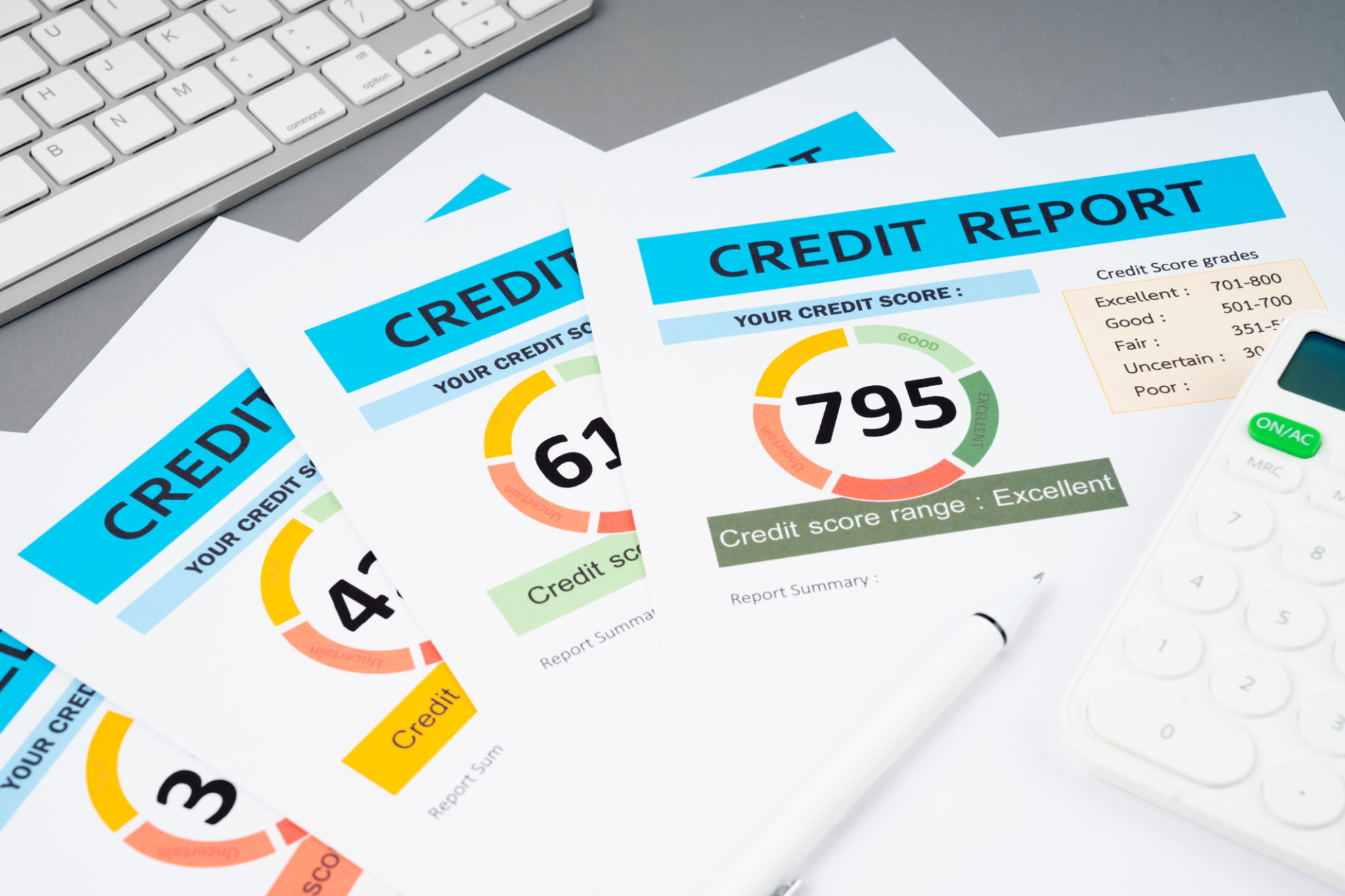Top Tips for Improving Your Credit Score Quickly
Understand Your Current Credit Situation
Before you can improve your credit score, it's essential to know where you currently stand. Start by obtaining a copy of your credit report from the major credit bureaus. Review the report for any errors or discrepancies that might be negatively impacting your score. If you find any mistakes, dispute them immediately to have them corrected.
Understanding your credit situation gives you a foundation on which to build improvements. You'll be able to see which areas need the most attention, whether it's paying down debt, increasing credit utilization, or simply making more consistent payments.

Pay Your Bills on Time
One of the most straightforward ways to boost your credit score quickly is to make sure you're paying all your bills on time. Late payments can significantly damage your score, so set up reminders or automatic payments to ensure you're never late. Consistent, timely payments demonstrate to lenders that you are a reliable borrower.
If you've missed payments in the past, focus on creating a positive payment history moving forward. Over time, the impact of past late payments will lessen, especially as you establish a pattern of paying on time.
Reduce Your Credit Utilization Ratio
Your credit utilization ratio is the percentage of your total credit limit that you're currently using. Ideally, you want this ratio to be below 30%. If you're using more than that, consider paying down your debt to lower the ratio. This can have a relatively quick impact on improving your credit score.

Another strategy is to request a credit limit increase from your card issuer. If granted, this will increase your available credit and automatically lower your utilization ratio, assuming your spending habits remain the same.
Avoid Opening New Credit Accounts
While it might seem like a good idea to open new credit accounts to increase your overall credit limit, doing so can actually hurt your score in the short term. Each new application results in a hard inquiry on your credit report, which can lower your score by a few points.
Instead, focus on managing and optimizing the accounts you already have. This approach allows you to demonstrate responsible credit behavior without the potential downsides of opening new accounts.

Keep Old Accounts Open
The length of your credit history is another factor that affects your credit score. Closing old accounts can shorten your history and potentially decrease your score. If possible, keep these accounts open and active by using them periodically and paying off the balance each month.
This strategy helps maintain a longer average account age and demonstrates to lenders that you have a long history of responsible credit use.
Monitor Your Credit Regularly
Regularly monitoring your credit is crucial for maintaining and improving your score. Use free or paid services to track changes in your score and receive alerts about any unusual activity. Being proactive about monitoring allows you to address issues as they arise and continue building positive credit habits.
By following these tips and staying diligent about managing your credit, you can see improvements in your score over time. A better credit score opens up more financial opportunities and provides peace of mind knowing you have greater control over your financial future.